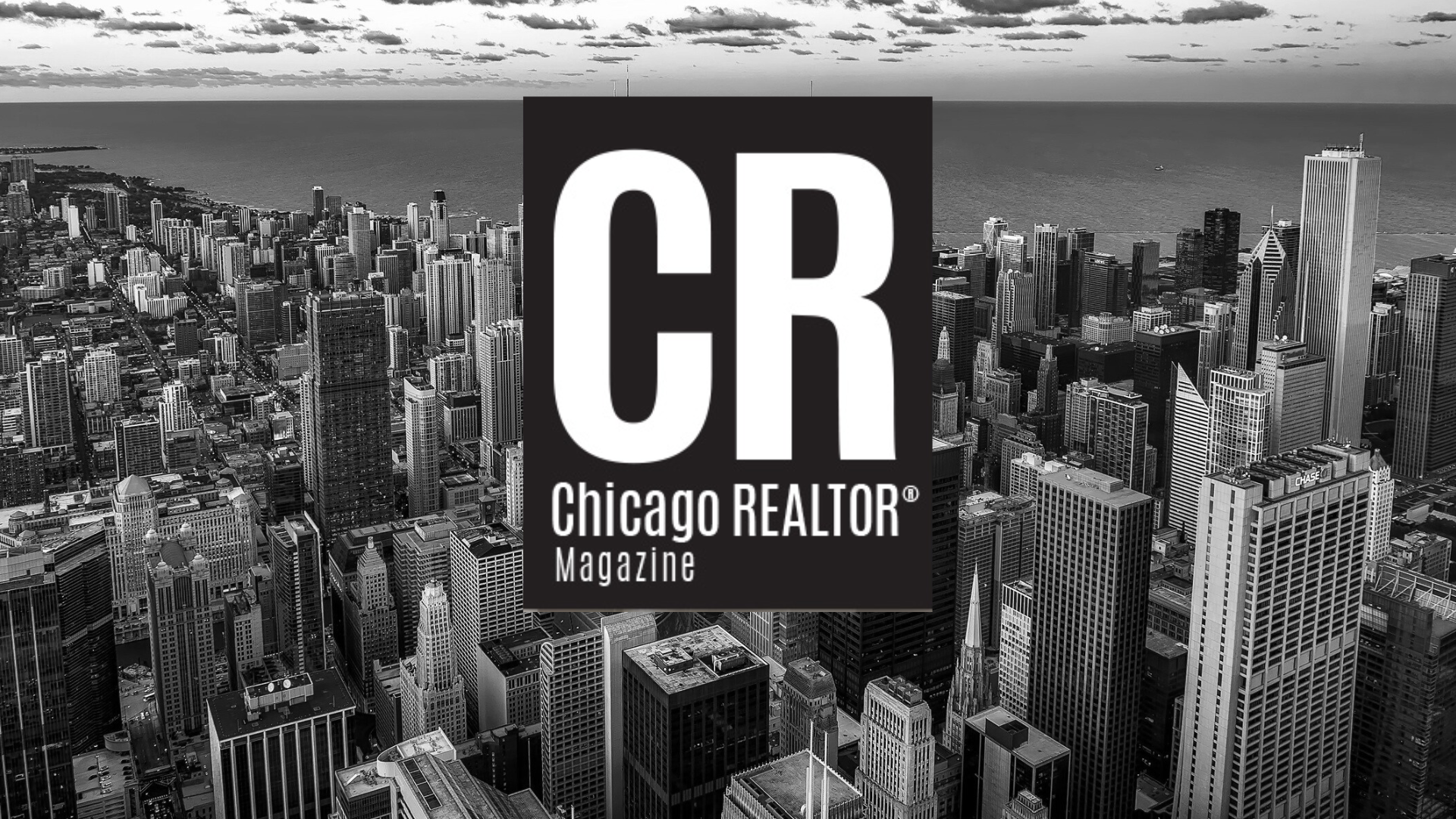An unprecedented 2020 led to an unexpected but strong real estate market in the back half of the year. Will this positive momentum continue into 2021? Will we see a resurgence in the commercial market? And what role will the ongoing COVID-19 pandemic continue to play in the market? We don’t have a crystal ball to tell you definitively, and as 2020 has proven, our predictions may not always be correct, but we do have some industry friends who can give us educated insights and forecasts into the year ahead.
We hosted three top economists, Danielle Hale of realtor.com®, Brandon Svec of The CoStar Group and Gail Lissner of Integra Realty Resources – Chicago, to discuss what’s ahead in the residential, commercial and apartment/rental markets this year during the 2021 Market Outlook. Here’s what they predicted.
Market Performances Will Be Determined by the COVID-19 Pandemic and Vaccine
“I will give a very big disclaimer that what we see going into 2021 and how, whether it be residential markets, commercial markets or the economy as a whole, performs in 2021 will be almost solely dependent upon the health crisis,” Svec said to start off his presentation.
For the commercial market, a big determining factor of its success or challenges in the upcoming year will be how quickly vaccines are distributed, the timeline for how quickly we are able to resume more normal economic activity and the resulting gain in consumer confidence.
Lissner echoed his statement in regards to the rental market: “I do think that the market conditions are going to stabilize, but it’s really going to be very dependent on how quickly everyone can be vaccinated,” she said.
Demand is Favoring Chicago’s Neighborhoods and the Suburbs
From the rental perspective, Lissner’s data shows Chicagoans are moving from more densely populated areas, such as downtown, to either the suburbs or different Chicago neighborhoods. Lissner does emphasize, however, that this data doesn’t show whether people have chosen to buy instead of rent, as there was growth, but not significant spikes, in the rental market in the suburbs.
realtor.com® data reflects this as well. “The areas that we see the most buyer interest and homes selling the fastest are in the suburbs of Chicago,” Hale said.
A realtor.com® survey determined that the increase in demand is largely due to homebuyers looking for more affordable homes, more space or a combination of both. Additionally, Lissner emphasized that there was a surplus of studio and one-bedroom apartment vacancies downtown, which could be a reflection of people’s desires to have more space, as they are spending more time at home.
Hale also shared that the Chicago metro area is currently seeing the most out-of-market buying interest of any metro area in the U.S. at 84%. “We expect [out-of-market buying interest] to continue into 2021,” she said.
Low Interest Rates and the Rebounding Economy Will Continue to Drive Residential Sales
As the economy has already began to rebound, Hale predicts that, in 2021, the U.S. real GDP will be up by about 4.1%. This increase, combined with the record low interest rates we have already seen, which are anticipated to continue into this year, are expected to drive strong residential sales.
She predicts that nationally, home sales will be up 7.0% and prices will increase 5.7%. Specifically, in the Chicago metro area, sales growth is predicted to be at 8.3% and price growth is expected to increase 3.5%.
Expect More Sellers to Be in the Market in 2021
It was no surprise that the pandemic only exacerbated our inventory problems. Although people were still selling their homes in 2020, there were far fewer sellers in the market than what is normally expected.
“I think people expected what we had in the last recession — they didn’t expect the big supply shock of people deciding not to list their homes,” Hale said. Those with flexibility decided to wait to sell their homes, although it seems like this concern is starting to fade in the market.
With the possibility of a widespread vaccine and prices of homes rising, more people are seeing 2021 as a good time to sell their homes, and we are seeing more sellers coming into the market. This trend is expected to continue throughout the year.
Foreclosures Are Not Expected to Increase
Although there have been many individuals who have signed up for forbearance programs, foreclosures are not expected to significantly increase in 2021.
“The forbearance programs don’t have a definitive expiration date,” Hale said. “If you wanted to be in a forbearance program, you needed to apply for a lot of them before the end of the year, but even then, some of those programs have been extended. And they guarantee six months and then an optional extension of another six months, so we’re looking at expiration of those forbearance programs well into 2021. There’s not an expiration cliff that we’re facing.”
Also, with the market performing well and home prices increasing, sellers who are in danger of foreclosure have other options, which should hopefully lead to fewer foreclosures in 2021.
Reopening Downtown Will Create Market Growth
There are many components playing into the downturn in the rental and commercial markets downtown, including universities and tourist attractions, like museums being closed, people working remotely and more. Both Lissner and Svec indicated that the biggest component to turning around these markets will be getting workers back downtown.
“We need job growth to resume downtown,” he said. “At the end of the day, we need people back in their offices, and I think that will really be the big difference.”
“We do not see this to be permanent damage on the market at all, but we do need to see people coming back to work in the downtown area…before we see the markets improve in the downtown area,” Lissner added.
All in all, based on the strength of the latter half of 2020, combined with a widespread distribution of a vaccine, our economists all agree that there is much to be hopeful about in the rental, commercial and residential markets in 2021.
Watch the economists’ presentations and download their slides.







